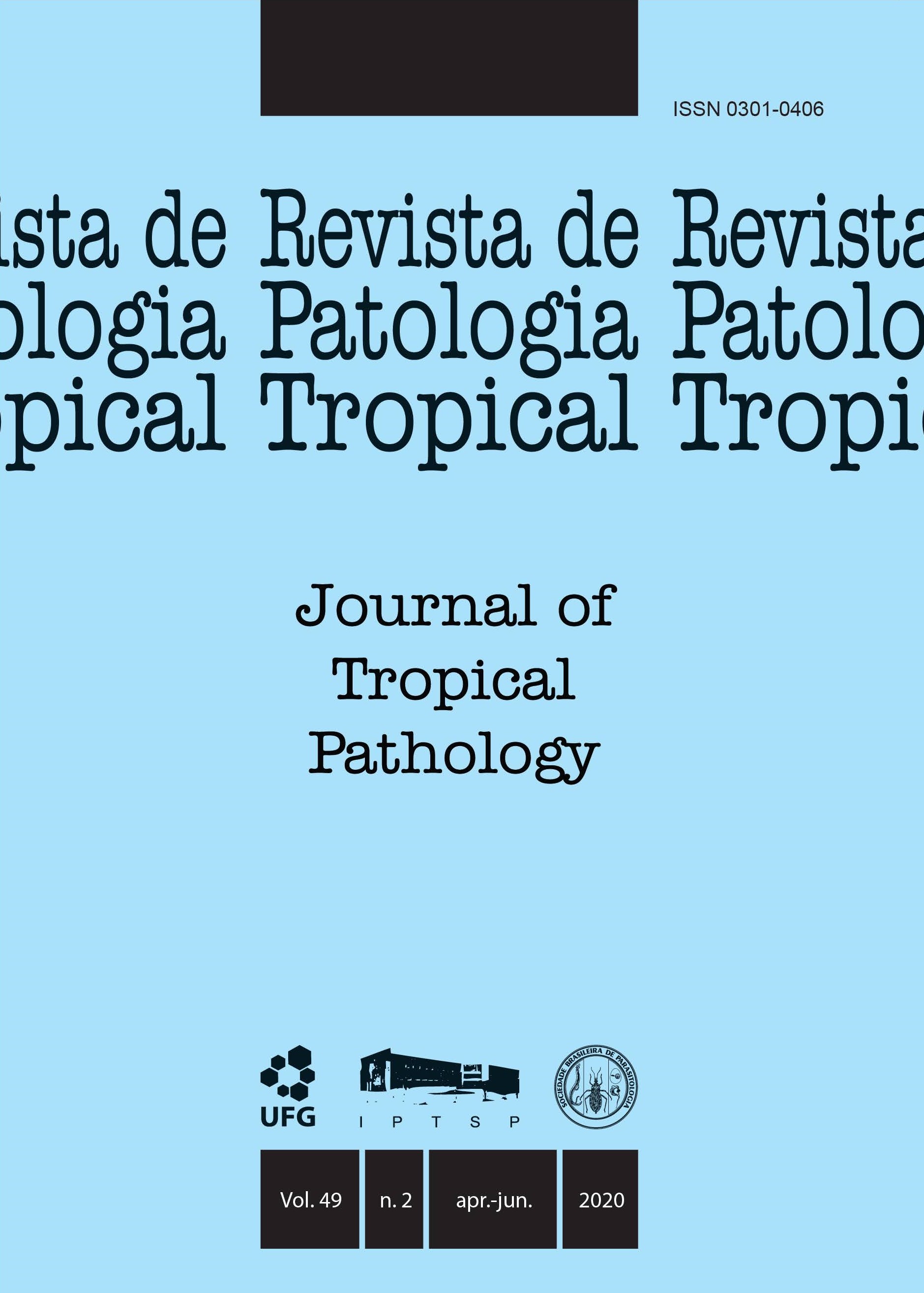MULTICENTER STUDY OF CANDIDA SPECIES IN ORAL MUCOSA OF DIFFERENT PATIENTS: ANALYSIS OF 711 STRAINS AND LITERATURE REVIEW
DOI:
https://doi.org/10.5216/rpt.v49i2.63481Resumo
This study aimed to identify Candida spp. collected from oral mucosa and maintained in culture collections, correlating the findings with the medical history of patients and comparing with data from the literature over the past five years. Seven hundred and eleven oral Candida spp. isolates, collected between 2013 and 2017, were selected and identified using traditional and molecular methods. In addition, a literature review was performed with the key words: “Oral”, “Candida” and “Yeast”. Seven species of the genus Candida: were identified C. albicans (73.3%); C. tropicalis (9.3%); C. parapsilosis (8.2%); C. glabrata (3.9%); C. guilliermondii
(2.8%); C. krusei (1.7%) and C. lusitaniae (0.3%). The strains identified as C. albicans were submitted to molecular methods using specific primers and of these, 5.8% were identified as C. dubliniensis strains. The greatest diversity of strains was found in patients presenting no systemic diseases or HIV +, while the highest percentage of strains of Candida non-albicans were observed in cancer patients. This study reports a representative distribution of Candida species among individuals exhibiting distinct clinical conditions, in order to contribute to the design of future research on details of aspects involved in the infections caused by these
microorganisms. The correct identification of oral Candida strains contributes to a realistic epidemiological approach and future clinical protocols against these pathogens.
KEY WORDS: Candida; oral candidiasis; dentistry; yeasts; HIV; co-infection
Downloads
Downloads
Publicado
Como Citar
Edição
Seção
Licença
The manuscript submission must be accompanied by a letter signed by all authors stating their full name and email address, confirming that the manuscript or part of it has not been published or is under consideration for publication elsewhere, and agreeing to transfer copyright in all media and formats for Journal of Tropical Pathology.

